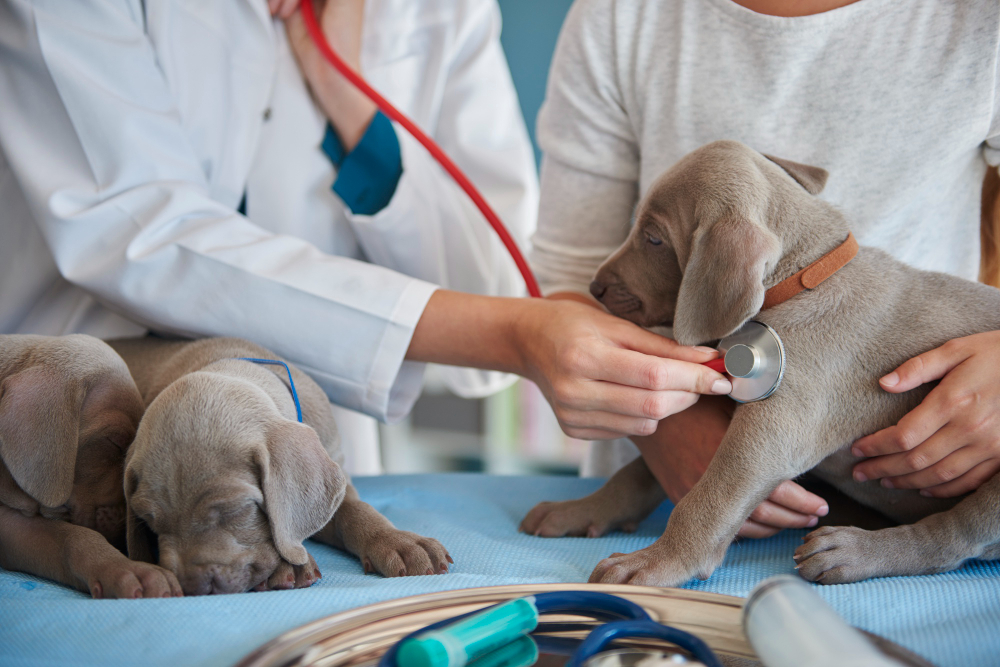Table of Contents
When your pet needs specialized care, understanding the available services can be crucial. As a pet owner, you want the best for your furry family member. Modern veterinary hospitals offer advanced services that can make a difference in your pet’s health. Whether you’re seeking a veterinarian in Central Boise or elsewhere, knowing what’s available helps you make informed decisions. These hospitals provide expertise and innovative techniques to meet your pet’s needs. From precise diagnostics to tailored treatments, every service aims to improve health and well-being. You will find peace of mind knowing skilled professionals are caring for your pet. This guide will outline four specialized services that you can find at these state-of-the-art facilities. By knowing these options, you’re one step closer to ensuring your pet receives the care it deserves. Don’t wait for health issues to arise. Be prepared by understanding these services now.
1. Diagnostic Imaging
Diagnostic imaging plays a key role in identifying hidden issues within your pet. It offers detailed pictures of internal organs, bones, and tissues. Techniques like X-rays, ultrasounds, and MRIs help veterinarians pinpoint the root causes of health problems quickly. Faster diagnoses lead to more effective treatments.
| Technique | Purpose | Advantages |
|---|---|---|
| X-rays | Bone and joint health | Quick and non-invasive |
| Ultrasounds | Organ health | Detailed soft tissue images |
| MRIs | Comprehensive imaging | Detailed brain and spinal images |
Understanding these techniques can help you choose the best diagnostic path.
2. Surgical Services
Surgical interventions are necessary for various conditions. Modern hospitals offer advanced surgical suites equipped for routine and complex procedures. Specialized surgeons focus on minimizing pain and promoting faster recovery. Surgeries can range from spaying and neutering to orthopedics and tumor removals.
State-of-the-art equipment and experienced surgical teams ensure your pet gets the best possible care. The benefits include reduced recovery times and fewer complications.
3. Rehabilitation and Physical Therapy
Rehabilitation aids pets recovering from injuries or surgeries. Physical therapy involves exercises and treatments to improve mobility and strength. Common therapies include hydrotherapy, laser therapy, and massage. These methods not only speed up recovery but also enhance overall quality of life.
Consider these therapies for pets experiencing chronic pain or recovering from surgery. They offer a drug-free approach to managing discomfort. Consult with your veterinarian to see if rehabilitation suits your pet’s needs.
4. Veterinary Oncology
Cancer treatment in pets has advanced significantly. Veterinary oncology offers hope through early detection and targeted therapies. Oncologists use chemotherapy, radiation, and surgery to manage cancer. These treatments aim to extend life and improve quality.
Early detection is crucial. Regular check-ups and awareness of symptoms can lead to early intervention. Talk to your veterinarian about screening tests and treatment options.
Modern veterinary hospitals provide a comprehensive suite of specialized services. Use this information to make informed decisions about your pet’s health. By understanding these services, you ensure your companion receives the best care available. Prioritizing their well-being can lead to a longer, healthier life. Trust in the expertise available at these institutions to guide your decisions with compassion and precision.

